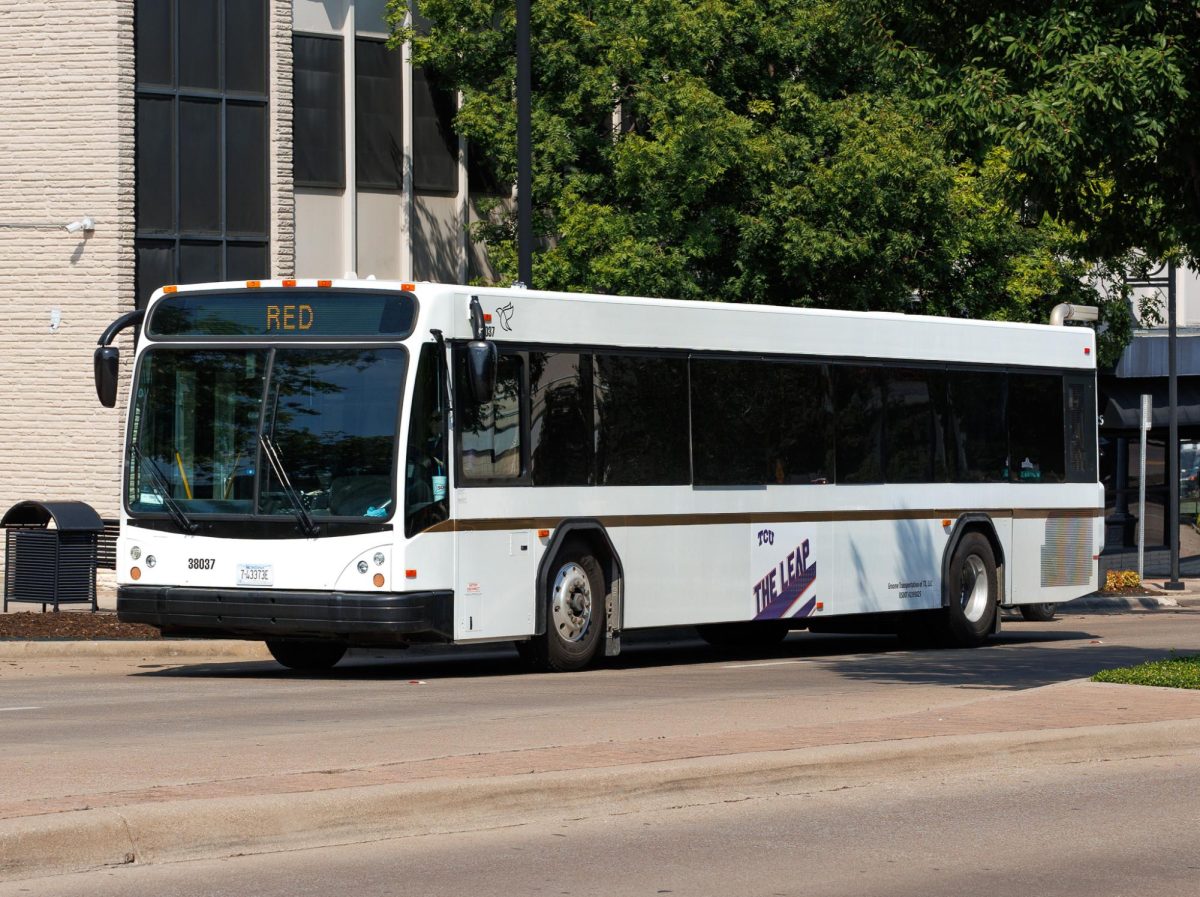The painful series of drug-related arrests at the university last week touched off local and national discussion about the pervasiveness of substance abuse both on college campuses and in what Athletics Director Chris Del Conte called “a culture that glorifies drugs and drug use.”
While the university and police response to drug dealing was heralded as swift and effective, decisions on how and when to intervene in cases of potential abuse are more complicated.
As part of a broader measure last week, the U.S. Congress approved drug testing as a requirement for receiving unemployment benefits under circumstances of failing such a test in the past or application for an employer needing to verify sobriety.
Seen as costly and unconstitutional, mandating procedures on a limited basis outweighs concerns due to its importance for political unity, governmental responsibility, economic health and law enforcement.
Compromise measures in Congress are increasingly less common, as polarization, divided party control and the upcoming elections combine to restrict and challenge basic legislation. President Obama’s initiative to extend the payroll tax cut and temporary unemployment benefits passed after Republican legislators inserted the testing requirement.
In a year in which time-tested programs such as funding for contraception and free money versus the gold standard are under debate, drug testing is a fair bargaining chip to achieve legislative success.
In its efforts to protect and enforce the rule of law, the American government must have the ability to follow up on known violators of drug tests and assist businesses requiring a test for employee application. Though rates of drug use among the unemployed are lower than among the general population, tax-paying businesses still should have the right to government services upon proof of probable cause, such as background checks.
In turn, any participant in a government program sacrifices certain privacies as part of their obligations to the position. For instance, the university football team was drug tested Feb. 1.
With a legal justification for drug testing certain categories of unemployment benefit recipients, important economic consequences also prove its worth. While no direct link exists between drug use and productivity loss, a study commissioned by the Office of National Drug Control Policy estimated $110 billion in negative impacts of drug abuse upon the workplace.
Drug tests are expensive in large quantities, but can actually save money for business, lower prices and incorporate more consumers into legal markets. In a fragile economic recovery, creative solutions can kick-start growth and resiliency.
Enforcing drug crimes is a complicated effort demanding coordination across different levels, from police departments to the FBI and the U.S. Border Patrol. Discerning drug violators in a safe, legal environment provides important data to the network of informants, officers and monitoring systems responsible for bringing illegal substances across the country.
Regardless of drugs’ status under the law, tracing their origins and supply and controlling domestic demand is an important step in combating associated crime. Officials responsible for the university campus drug arrests will continue their investigation into broader levels of distribution, just as the selective testing of benefits applicants fulfills responsibilities to citizens, business, politics and security.
Pearce Edwards is a junior political science and history double major from Albuquerque, N.M.




